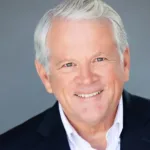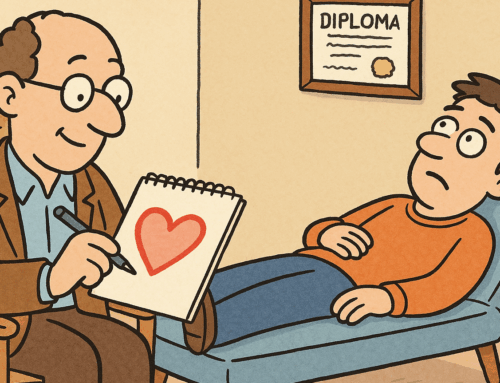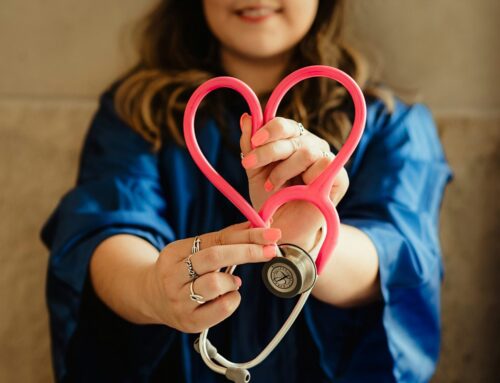One Kind, Happy Act
When I showed up on a recent Wednesday to help deliver food to people in need, I was struck by a common trait I saw in the other volunteers.
They appeared sufficiently diverse that I couldn’t offer you any meaningful generalizations about their age, economic status, level of education, their day jobs, or ethnicities. Similarly, I found nothing in my interactions with them to suggest that they shared any particular political or religious or cultural backgrounds or viewpoints. Frankly, they looked to me like a statistically random sample of human beings—except for one unifying trait they seemed to hold in common. Well, maybe it’s two traits.
What struck me first was that these people were happy. Admittedly, I say that without having access to what was going on inside their heads or going on in their personal lives. I make the claim based solely on my observation of their smiles, their eyes, their laughter, their greetings. In that moment in the outdoors, they were working in the cold. Yet, everything I could observe about these volunteers communicated warmth, contentment, and some sort of inner peace. It looked like happy to me. And I wanted to be like them.
A little reflection helped me connect the dots to another thing those people had in common: They were being kind; they were serving others. In fact, they were serving strangers in their act of kindness. And, in the process, they were turning strangers into neighbors.
Here, it’s fair to raise the question of causation. Which came first, the happiness or the kindness? Was it the chicken or the egg?
With no expertise beyond anecdotal life experience, I’ll go out on a limb and suggest that kindness is the first cause here. It is the action we can choose to take. A kind act sets in motion a virtuous circle that changes the actor as much as the recipient of the act.
I am wary of facile slogans like “One kind act will change the world.” But I know from experience that any kind act I perform at least makes a change in me. It makes me happier. And that’s not a bad start, because happiness fosters more kindness.
That same day, I found myself on the receiving end of a simple kind act when another driver motioned me ahead to merge on the freeway. Her kindness boosted my happiness. Random acts of kindness like hers, as well as more deliberate acts, such as volunteering, bring greater light and greater happiness into the world. It’s not as if we need to be persuaded that kindness makes us happy. Sometimes, it just helps to remind ourselves.
Pick a spiritual leader from any tradition and you’ll hear endorsements of kindness. Today, let’s go with the Dalai Lama: “Be kind whenever possible. It is always possible.”
Disclosure:
The experience I describe involved volunteering for Utah Crisis Food Response—a small non-profit that partners with the Utah Food Bank and neighborhood food pantries to make deliveries to households experiencing food insufficiency.
In addition to occasionally delivering food boxes, I serve on UCFR’s board of directors. https://www.utahcrisisfoodresponse.com
 About the Author
About the Author
Bruce Lindsay worked in broadcast journalism for 38 years before his retirement as a senior news anchor at KSL Television in Salt Lake City.
He earned a BA degree in Communications from Brigham Young University and an MBA in Business from the David Eccles School of Business, University of Utah.
Following his broadcast career, Bruce served for three years as President of the Australia Perth Mission of The Church of Jesus Christ of Latter-day Saints.
In his active retirement Bruce continues to work as a narrator of audio books and documentaries and as an author. His latest book, The Christmas List of Richard Lindsay, was published in 2023 by Shadow Mountain.







